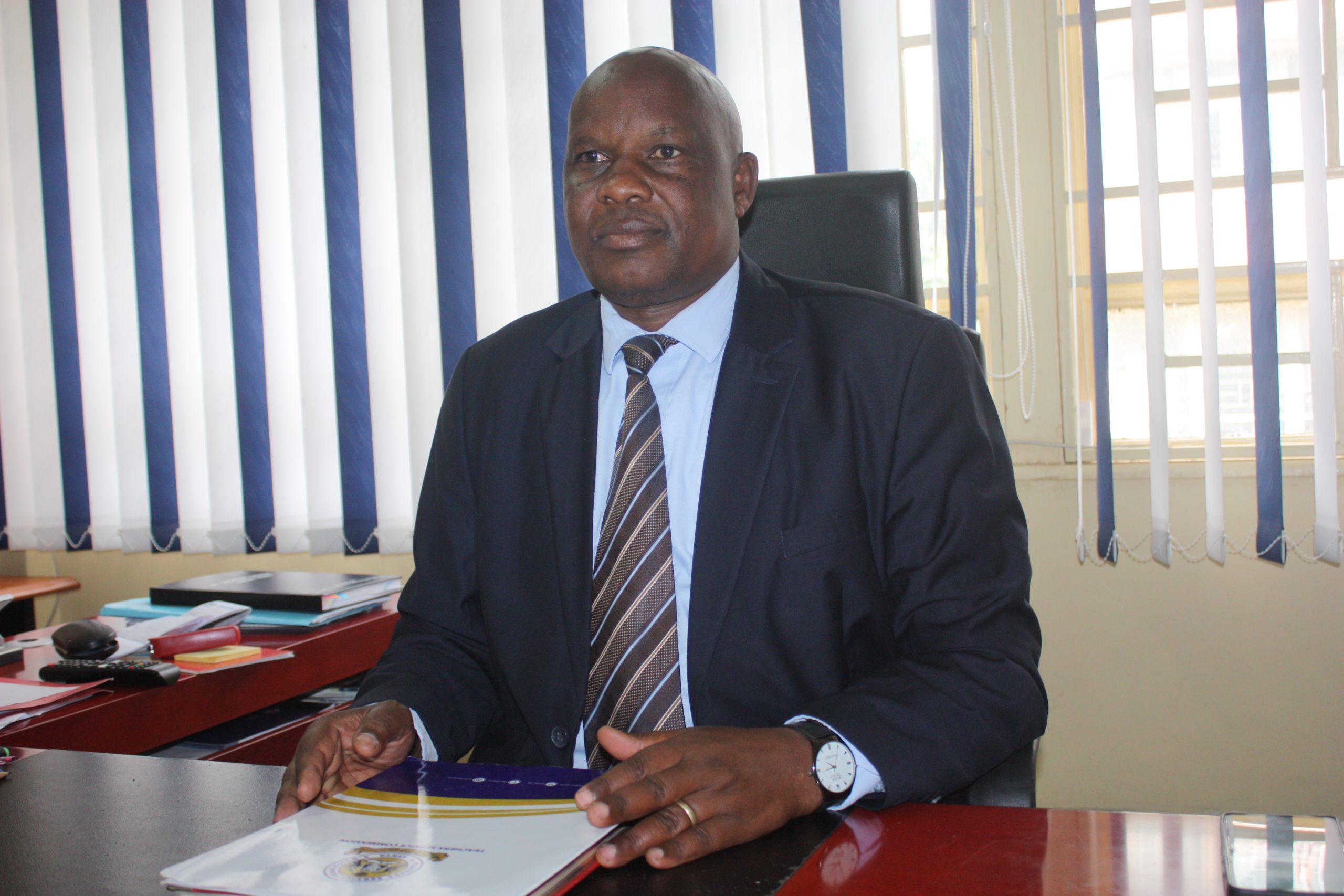Over 20 of children’s homes in Meru face closure for operating without being registered as the law requires.
It has been revealed that 20 out of 30 private children’s homes operating in Meru are not registered as required by law.
This is according to a report dubbed Situational Analysis on institutional care for Children in Meru County to check for readiness to phase out charitable institutions in favour of community-based care by 2032.
The report prepared by the National Council for Children Services (NCCS) notes that the legal gaps may have left gatekeeping loopholes and poor case management for children under institutional care.
According to the report, there are 2, 213 children in 31 charitable children’s institutions across Meru County.
“Only 10 out of the county’s 30 private childcare institutions have ever registered with NCCS at the time of data collection.
Five institutions with a child population of 618 had never registered with any government entity,” the report states.
According to the Children Act 2022, the NCCS is mandated to register charitable children’s institutions and prescribe standards.
Legacy for Children project coordinator Joseph Muthuri said some institutions were also keeping children under the age of three years despite the law limiting institutional care for this age group.
“Section 67 of the children act is clear that children under three years can only be housed in institutions under exceptional circumstances.
It provides that a child below 3 can only be in a childcare institution for a period not exceeding three months,” said M’Muthuri.
The report cites violence, abuse and neglect as well as the death of parents as the major reasons why many children end up in childcare institutions.
NCCS officer Mary Thiong’o said the report would guide measures to be taken in reintegrating all the children into the community.
“Going forward, all efforts must be done to avoid keeping children in institutions. They must grow in a family environment. When a child is placed in a children’s home, there must be an exit strategy befitting their situation,” Thiong’o said.
Directorate of Children Services coordinator in Meru Olive Kamau said the government was now working with communities to develop foster families who can take care of abandoned children.
“We encourage Meru residents to start embracing the practice of foster parenthood so that children can grow in a family set-up. By 2032, all children in need of foster care will be supported from a family,” she said.
Kamau said the existing children’s homes will be converted into rescue centres and as well as offices for child welfare programmes.
Meru County government was also challenged to come up with laws to guide the management of child welfare.
By John Majau
Get more stories from our website: Education News
To write to us or offer feedback, you can reach us through: editor@educationnews.co.ke
You can also follow our social media pages on Twitter: Education News KE and Facebook: Education News Newspaper For timely updates.






